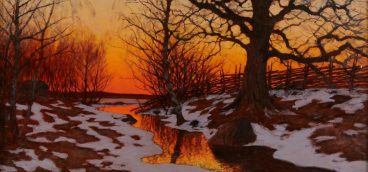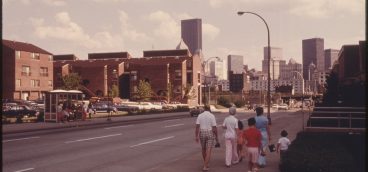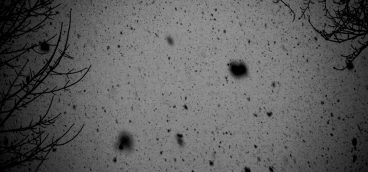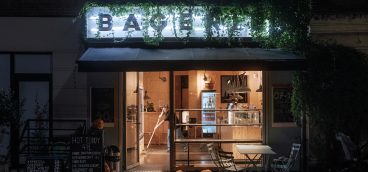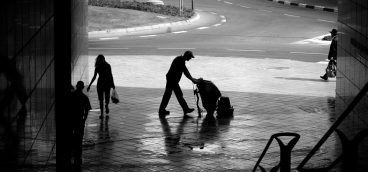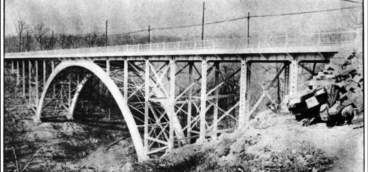Homewood Poem
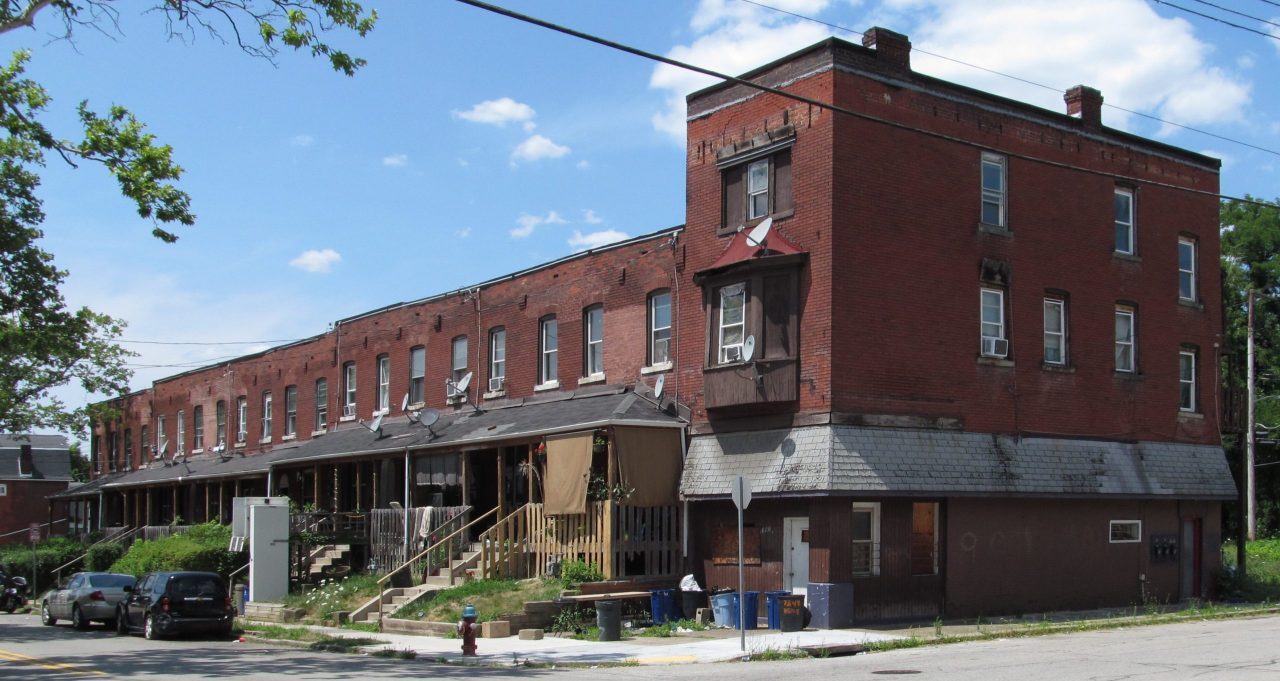
Stranahan, steepest hill in Homewood, pulls
my primary-school bones
like iron filings across an etch-a-sketch
from Belmar at the top to flat Apple Street running
across its base near 7101, Mystery Manor.
Bought by Woogie Harris, the gangster banker, in the 30’s.
In rabbit fur maxi-coats, chinchilla-draped shoulders, jewel-studded
t-straps, and wingtips, people stepped from Cadillacs, Mercedes, Bentleys,
and Triumphs outside the seventeen-room Queen-Anne at any time of day and night
taking whiskey, cigars, poker, and jazz up through
the winding staircase and stained-glass windows to the turreted ballroom.
7101 Apple Street–Mary Cardwell Dawson’s, National Negro Opera Company in 1941.
Mary Cardwell Dawson, teacher to Ahmad Jamal
had had to leave Pittsburgh for school,
had had to leave Pittsburgh to pursue opera. Had had had had.
Roberto Clemente—(they) called him uppity— stayed here
when even a famous brown face couldn’t guest downtown.
Homewood, your lore hides in archives—
the Pittsburgh Courier, Teenie Harris’s negatives,
Hides in plain sight—
Apple Street mansion now mountain of decay behind broken iron gates, historic
marker obscured in weeds.
Fading even as I crawl up Lemington Avenue, nine-years-old, in compulsory
leggings and snow boots,
and back down, a breeze kissing the backs of my knock-knees,
skipping in bobbysocks and Buster Brown brogans, mid-June, last day of school
to fourth-grade music and homeroom, to Mrs. Goldsmith.
She stands in front, reads the Old Testament, a wart on her middle finger like a dimpled thimble.
She’d had more in childhood, she wants us to know, had had had,
than we will in a lifetime.
But she didn’t have it easy, she says,
and besides those Black Muslims shouldn’t be allowed to exist.


